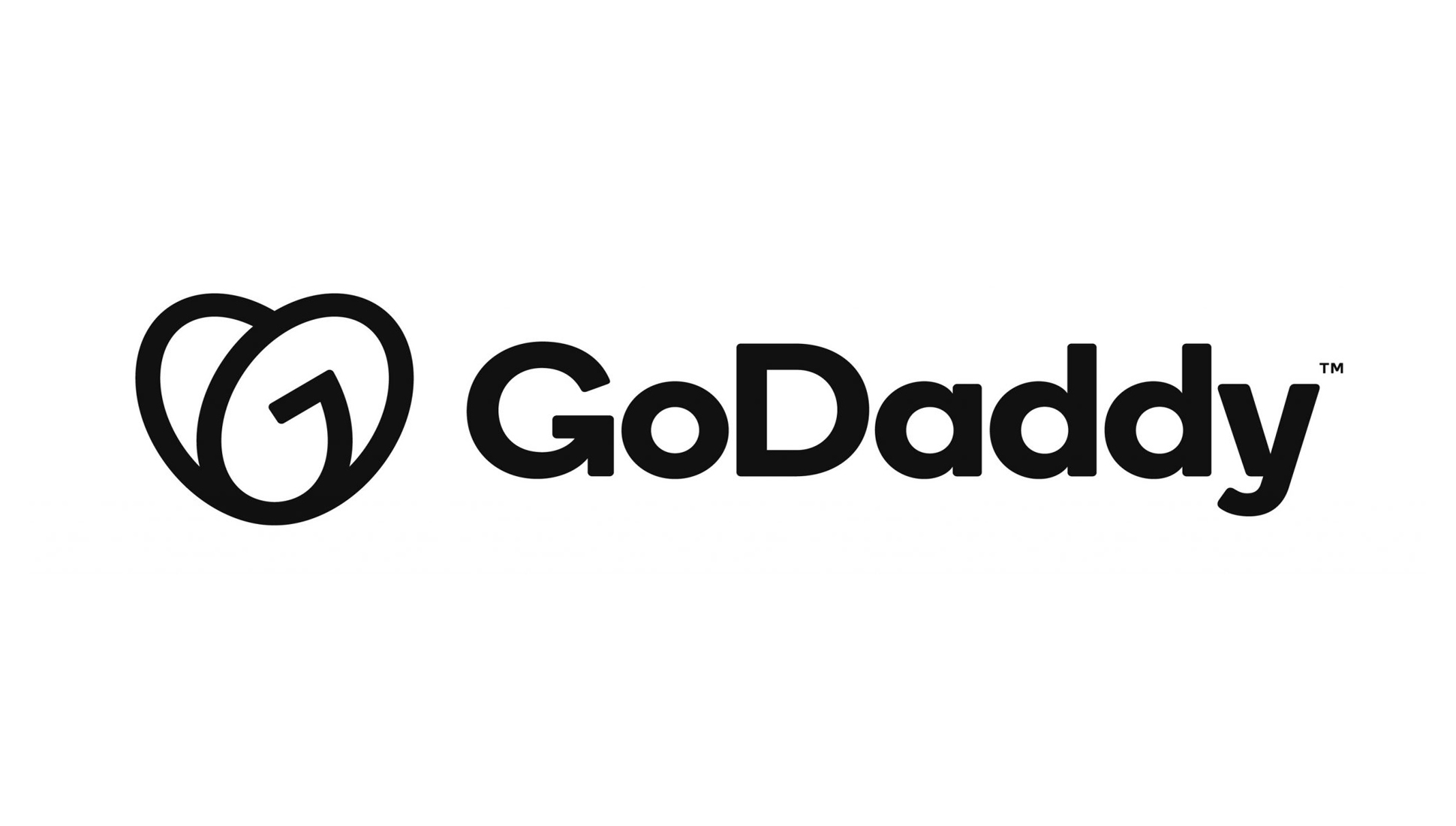Human rights bodies under seige from DDoS strikes
Human rights organisations have had to deal with increasing numbers of attacks in the past year, research suggests.


This year has seen a big number of distributed denial of service (DDoS) attacks launched against human rights organisations, a report has suggested.
Almost two-thirds of respondents to a survey of human rights groups and independent media bodies said they had been hit by a DDoS attack in the past year.
The research, carried out by the Berkman Centre for Internet and Society, based at Harvard University, found there had been 140 attacks against over 280 different sites over a 12-month period from September 2009 to August 2010.
The poll showed 55 per cent of those hit by a DDoS attack had their site shut down by their ISPs in response and, in some cases, organisations' sites were not up and running again until weeks after a strike.
DDoS attacks have become common knowledge this year after the Anonymous hacking group used the method to protest against various sites.
The hacktivists' took umbrage with both anti-piracy bodies and organisations which pulled the plug on WikiLeaks, such as MasterCard and PayPal.
Earlier this year, Panda Security researcher Sean-Paul Correll described DDoS as "the future of cyber protests" and many have predicted such attacks will ramp up next year.
Get the ITPro daily newsletter
Sign up today and you will receive a free copy of our Future Focus 2025 report - the leading guidance on AI, cybersecurity and other IT challenges as per 700+ senior executives
WikiLeaks itself was hit by some hefty DDoS strikes, one measuring in at a massive 10Gbps.
Human rights sites have had to cope with two kinds of DDoS attacks, the first being application DDoS strikes, where massive numbers of requests are made on local server resources, the Harvard researchers explained.
These can usually be mitigated by a decent system administrator but network DDoS attacks, which exhaust network bandwidth, normally need the help of a hosting provider, as well as significant investment.
This means to protect human rights sites from DDoS strikes, their sites should be moved within the remit of ISPs' websites, which have the capability to defend against strikes.
"The rise of DDoS as a technique for silencing human rights and independent media sites is the symptom of a larger problem: the shortage of technical talent in administering these websites and the increasing isolation of the websites from the core of the network," the report concluded.
"We cannot consider DDoS alone, rather, we need to approach IT security for human rights and independent media sites as a whole."
Mikko Hypponen, chief research officer at F-Secure, said extended attacks against human rights groups have been around for years.
"Some of them are DDoS attacks, but the more serious ones are not about shutting down their websites but about infiltrating their services and accessing their data," Hypponen told IT PRO.
"Various NGOs have been a prime target for targeted attacks for quite some time."
Ram Herkanaidu, security researcher at Kaspersky Lab, said DDoS attacks used to be carried out in a random, graffiti-like way, but many now have financial backing from groups with an agenda.
"The majority of DDoS attacks nowadays are financially backed - that is, either used as an extortion scheme, or they get purchased by different parties to shut down adversaries and/or competitors," Herkanaidu told IT PRO.
"Some sites, such as online gaming sites, are more prone to extortion than others because any downtime will mean a great loss of revenue."
Tom Brewster is currently an associate editor at Forbes and an award-winning journalist who covers cyber security, surveillance, and privacy. Starting his career at ITPro as a staff writer and working up to a senior staff writer role, Tom has been covering the tech industry for more than ten years and is considered one of the leading journalists in his specialism.
He is a proud alum of the University of Sheffield where he secured an undergraduate degree in English Literature before undertaking a certification from General Assembly in web development.
-
 CISA issues warning in wake of Oracle cloud credentials leak
CISA issues warning in wake of Oracle cloud credentials leakNews The security agency has published guidance for enterprises at risk
By Ross Kelly
-
 Reports: White House mulling DeepSeek ban amid investigation
Reports: White House mulling DeepSeek ban amid investigationNews Nvidia is caught up in US-China AI battle, but Huang still visits DeepSeek in Beijing
By Nicole Kobie
-
 UK crime fighters wrangle “several thousand” potential cyber criminals in DDoS-for-hire honeypot
UK crime fighters wrangle “several thousand” potential cyber criminals in DDoS-for-hire honeypotNews The sting follows a recent crackdown on DDoS-for-hire services globally
By Ross Kelly
-
 US begins seizure of 48 DDoS-for-hire services following global investigation
US begins seizure of 48 DDoS-for-hire services following global investigationNews Six people have been arrested who allegedly oversaw computer attacks launched using booters
By Zach Marzouk
-
 Will triple extortion ransomware truly take off?
Will triple extortion ransomware truly take off?In-depth Operators are now launching attacks with three extortion layers, but there are limitations to this model
By Connor Jones
-
 GoDaddy web hosting review
GoDaddy web hosting reviewReviews GoDaddy web hosting is backed by competitive prices and a beginner-friendly dashboard, and while popular, beware of hidden prices
By Daniel Blechynden
-
 Japan investigates potential Russian Killnet cyber attacks
Japan investigates potential Russian Killnet cyber attacksNews The hacker group has said it’s revolting against the country’s militarism and that it’s “kicking the samurai”
By Zach Marzouk
-
 LockBit hacking group to be 'more aggressive' after falling victim to large-scale DDoS attack
LockBit hacking group to be 'more aggressive' after falling victim to large-scale DDoS attackNews The ransomware group is currently embroiled in a battle after it leaked data belonging to cyber security company Entrust
By Connor Jones
-
 Record for the largest ever HTTPS DDoS attack smashed once again
Record for the largest ever HTTPS DDoS attack smashed once againNews The DDoS attack lasted 69 minutes and surpassed the previous record of 26 million RPS
By Praharsha Anand
-
 Cloudflare unveils new One Partner Program with zero trust at its core
Cloudflare unveils new One Partner Program with zero trust at its coreNews Cloudflare CEO Matthew Prince says the initiative aims to take the complexity out of zero trust architecture
By Daniel Todd